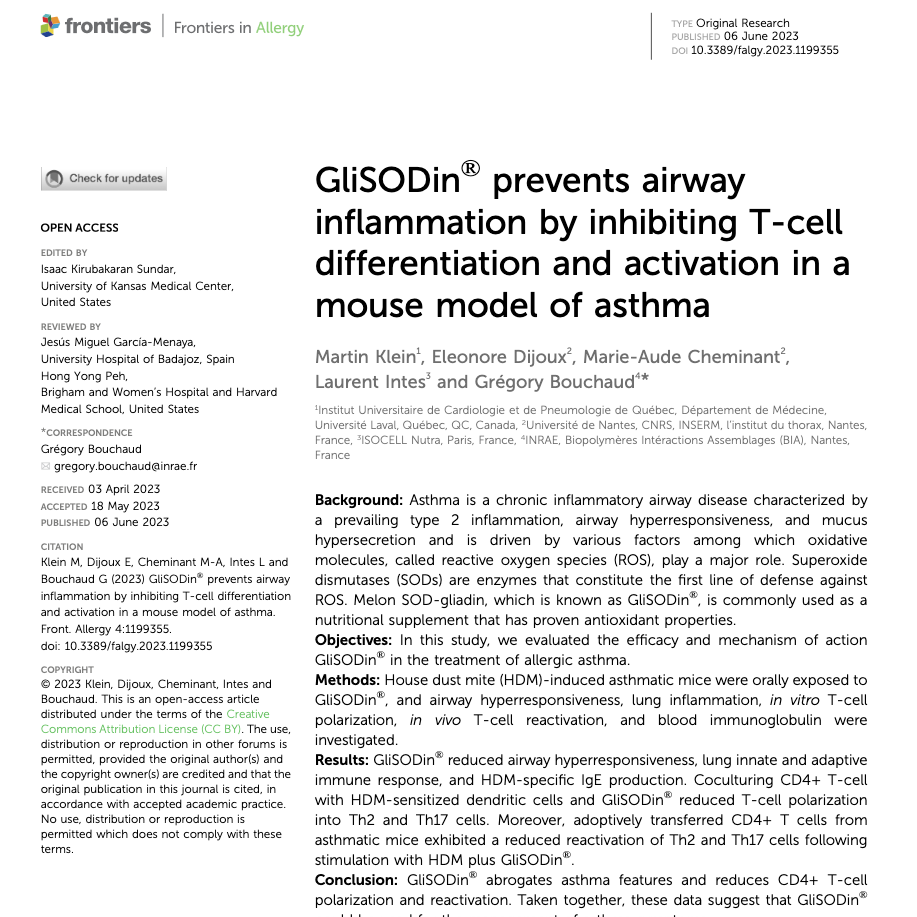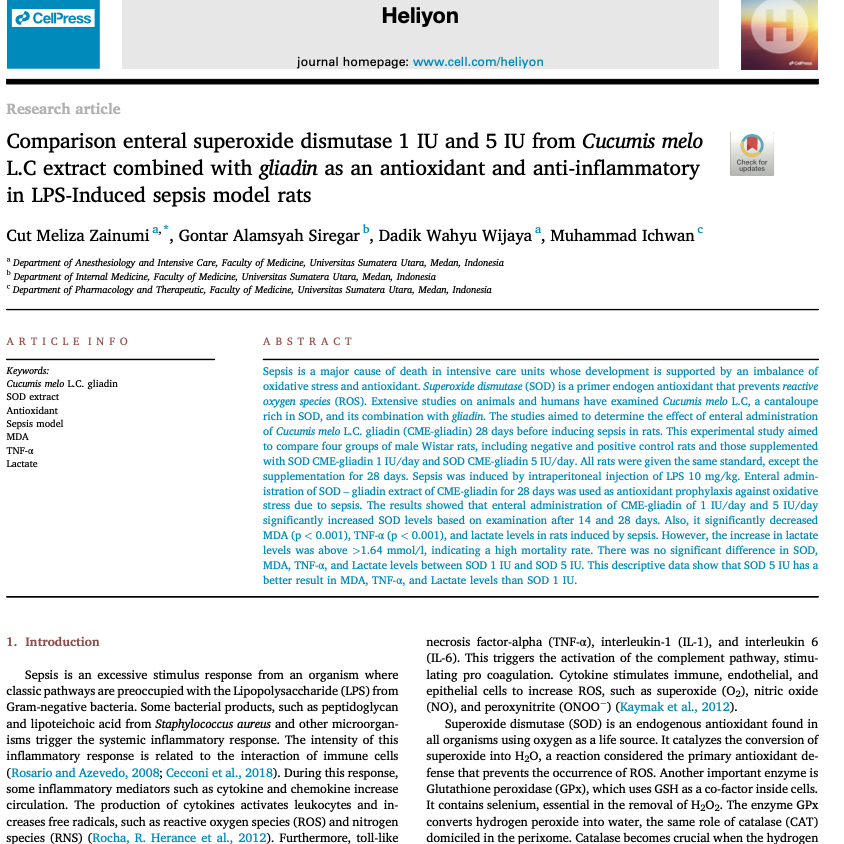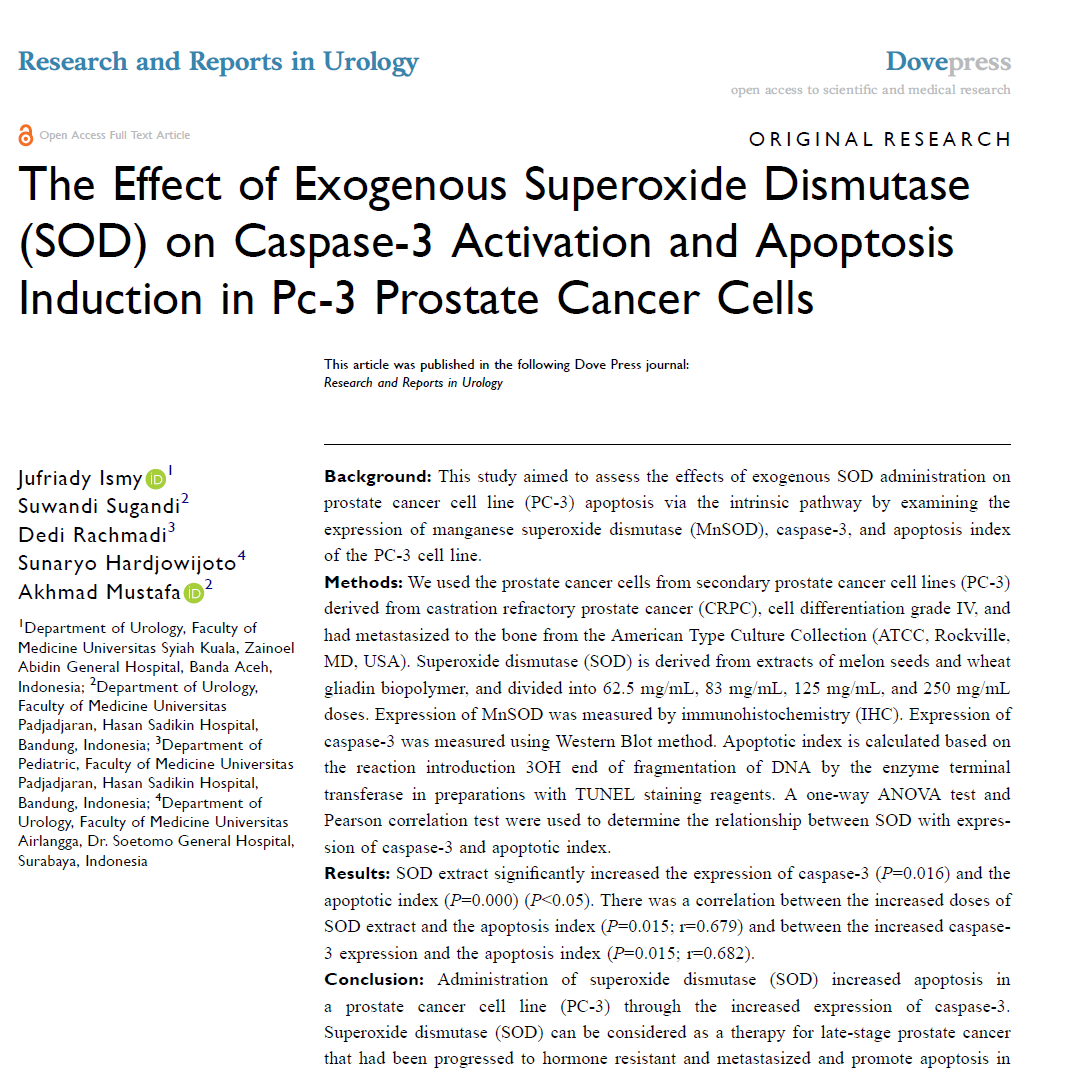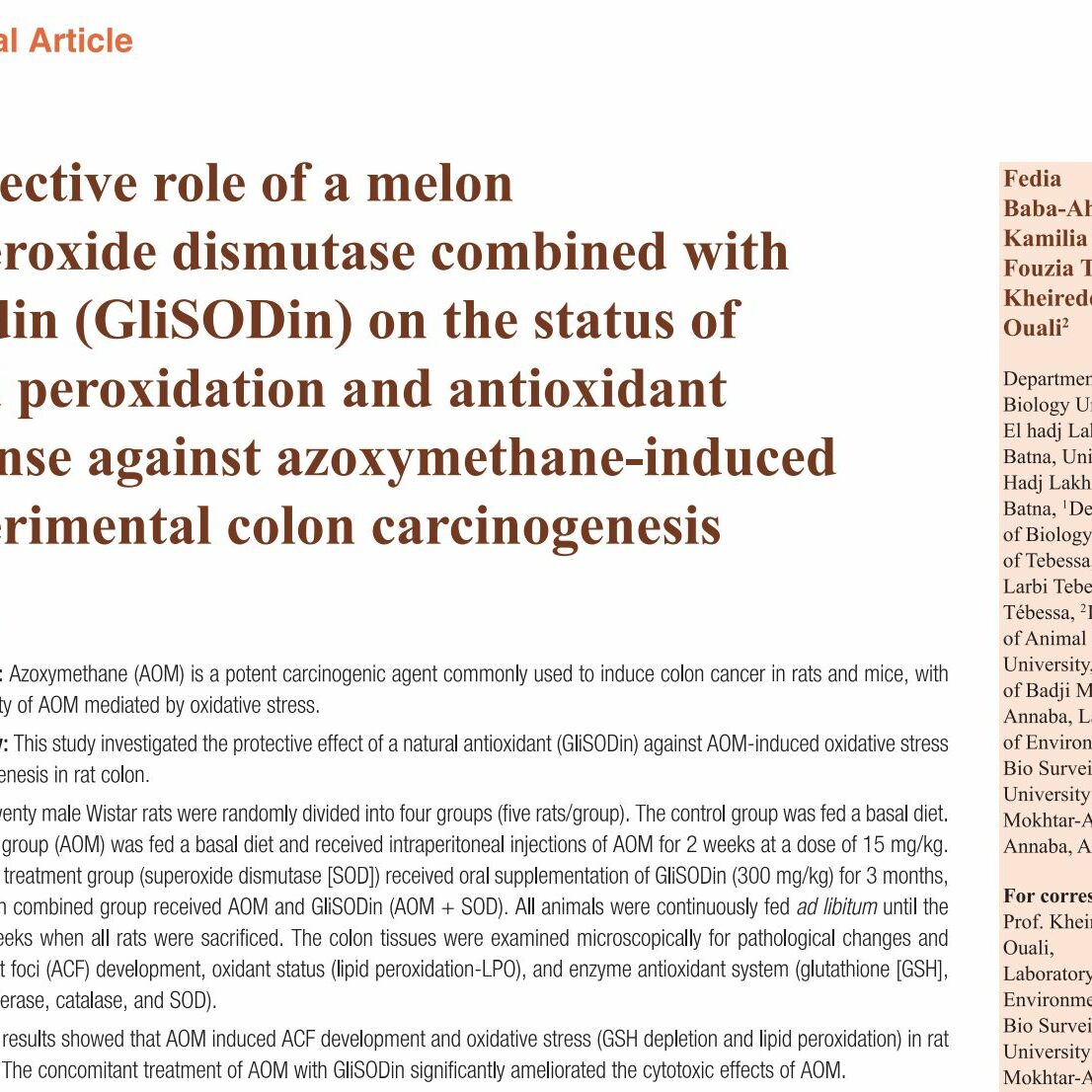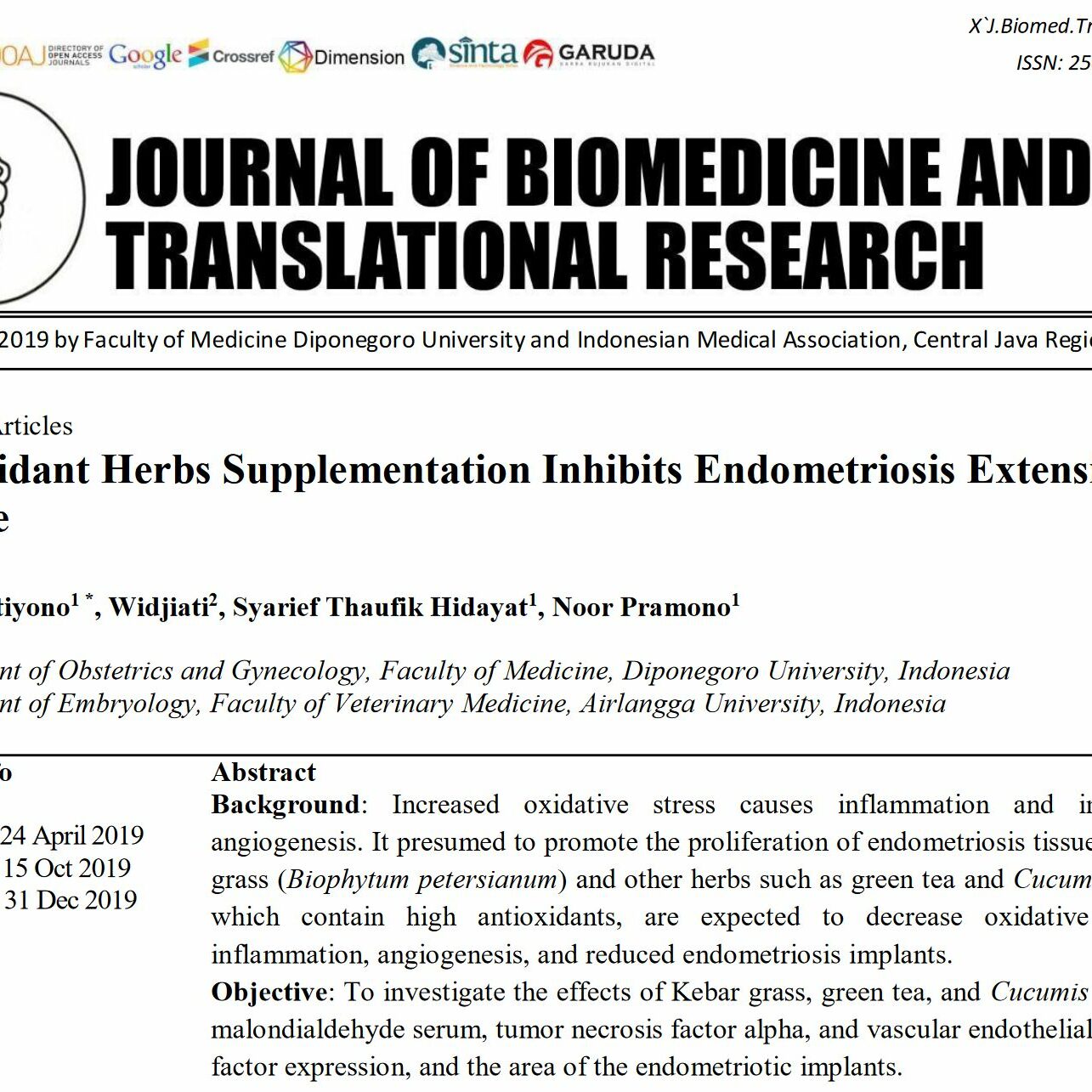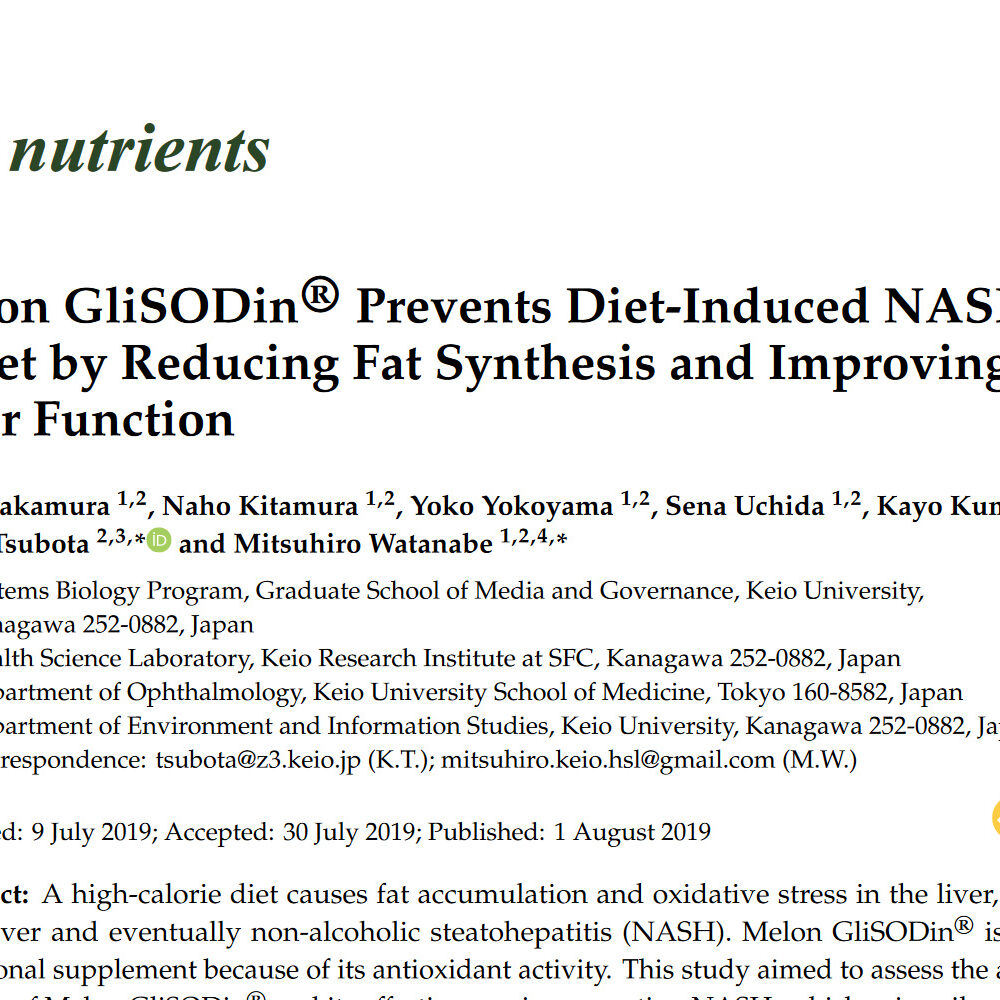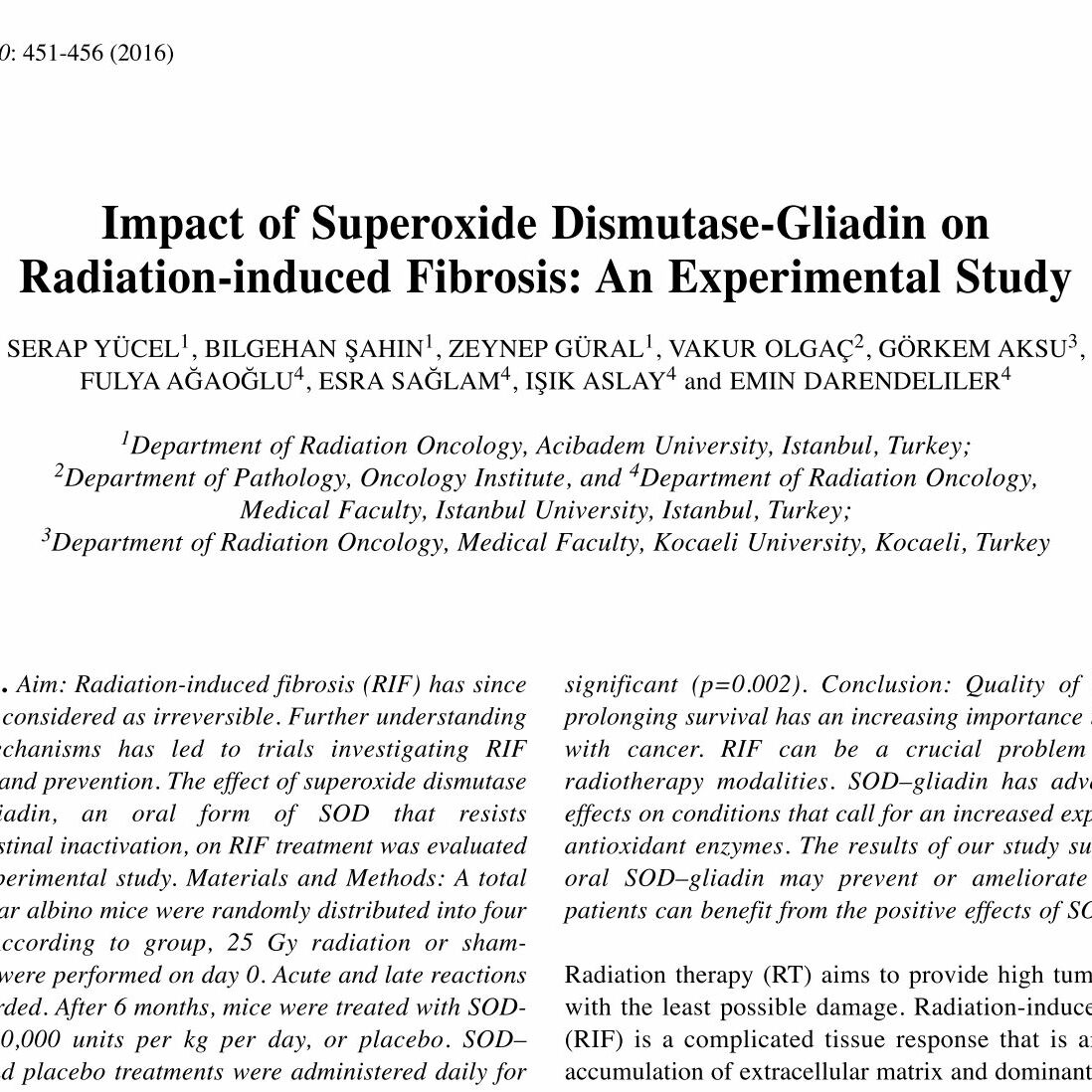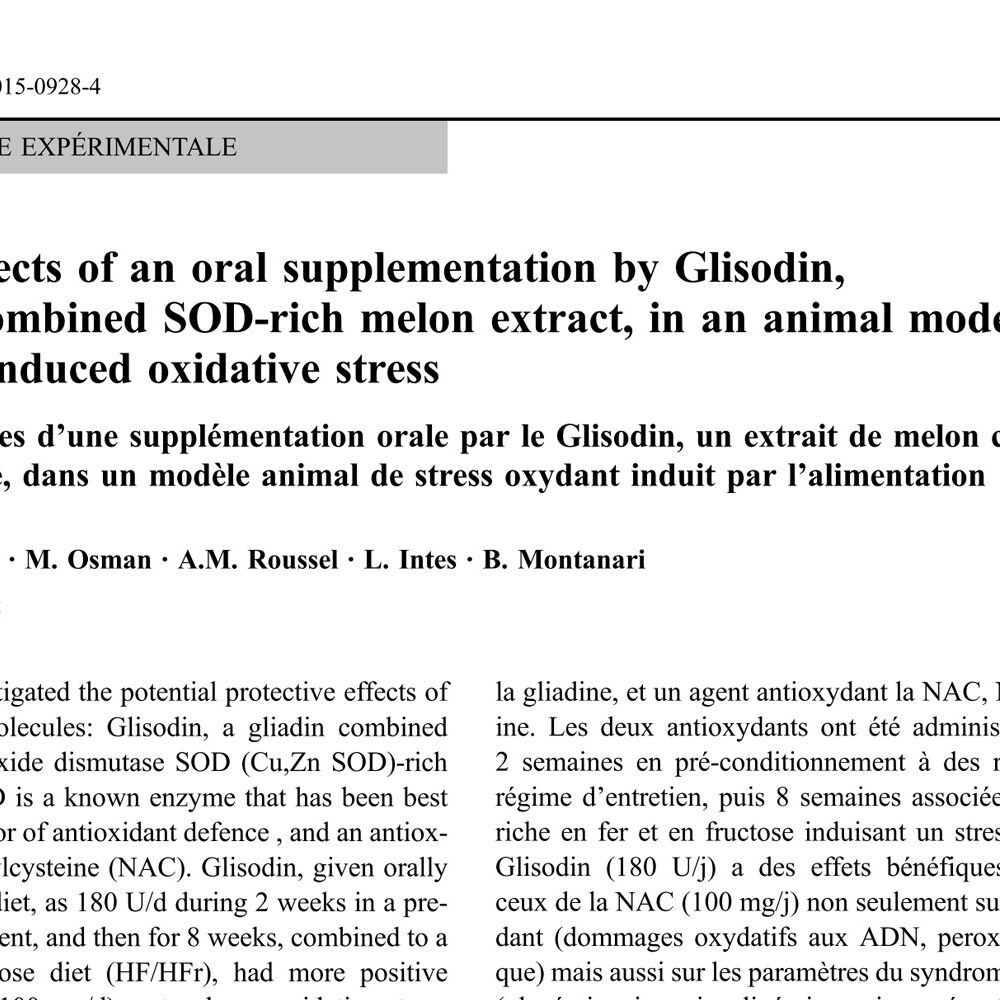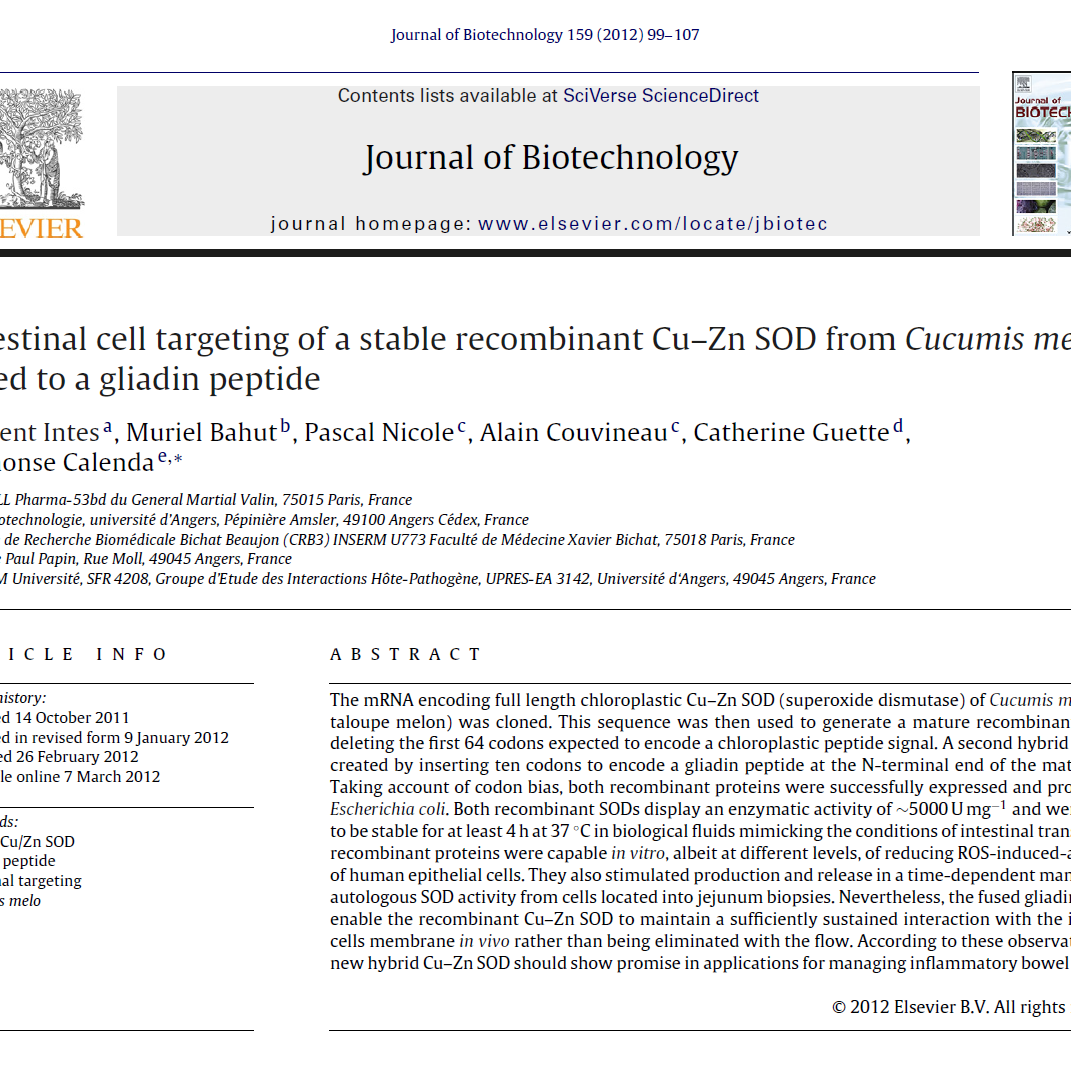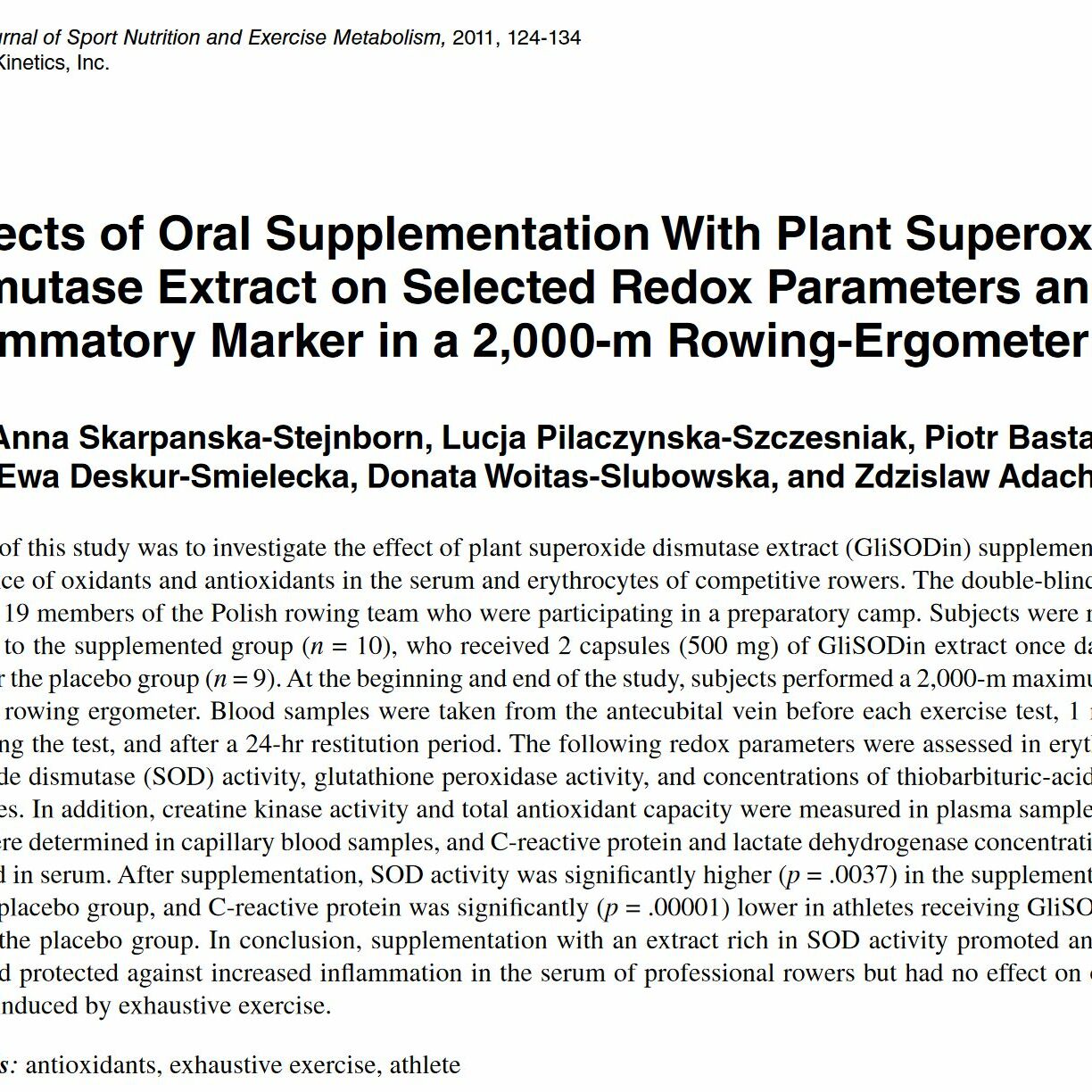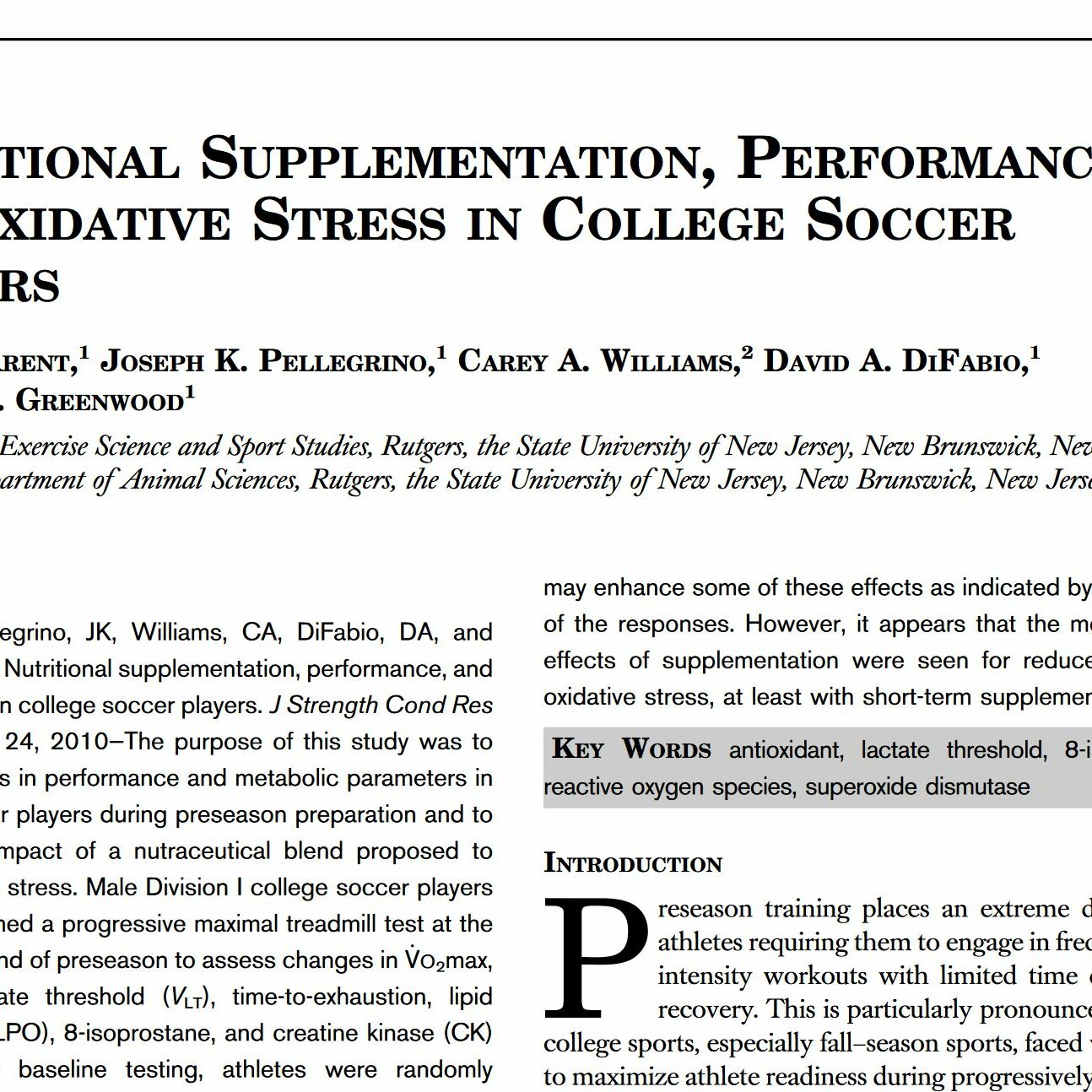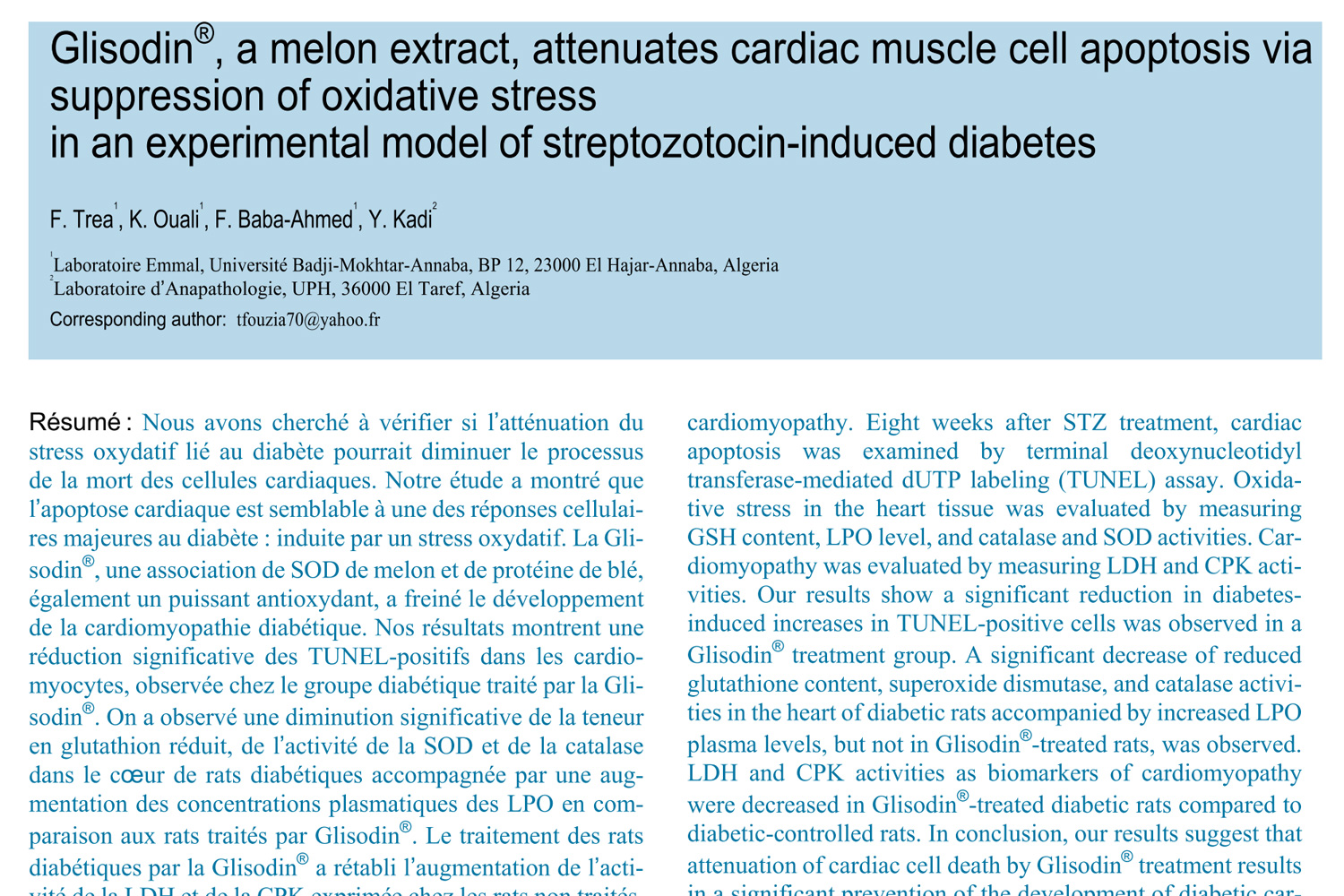
Authors:
F. Trea, K. Ouali, F. Baba-Ahmed, Y. Kadi.
- Journal: Phytothérapie
- Date: 2013 November
- DOI: 10.1007/s10298-013-0818-2
Abstract
We aimed to test whether attenuation of cardiac cell death can prevent diabetic cardiomyopathy. Our study showed that cardiac apoptosis as a major cellular response to diabetes is induced by hyperglycemia-derived oxidative stress. Glisodin® as a potent antioxidant prevents the development of diabetic cardiomyopathy. Eight weeks after STZ treatment, cardiac apoptosis was examined by terminal deoxynucleotidyl transferase-mediated dUTP labeling (TUNEL) assay. Oxidative stress in the heart tissue was evaluated by measuring GSH content, LPO level, and catalase and SOD activities. Cardiomyopathy was evaluated by measuring LDH and CPK activities. Our results show a significant reduction in diabetesinduced increases in TUNEL-positive cells was observed in a Glisodin® treatment group. A significant decrease of reduced glutathione content, superoxide dismutase, and catalase activities in the heart of diabetic rats accompanied by increased LPO plasma levels, but not in Glisodin®-treated rats, was observed. LDH and CPK activities as biomarkers of cardiomyopathy were decreased in Glisodin®-treated diabetic rats compared to diabetic-controlled rats. In conclusion, our results suggest that attenuation of cardiac cell death by Glisodin® treatment results in a significant prevention of the development of diabetic cardiomyopathy. This process is mediated by the antioxidant effect of Glisodin® to suppress oxidative stress in the heart.
Categories: 5. Metabolic Syndrome, Scientific studies
Share this post

